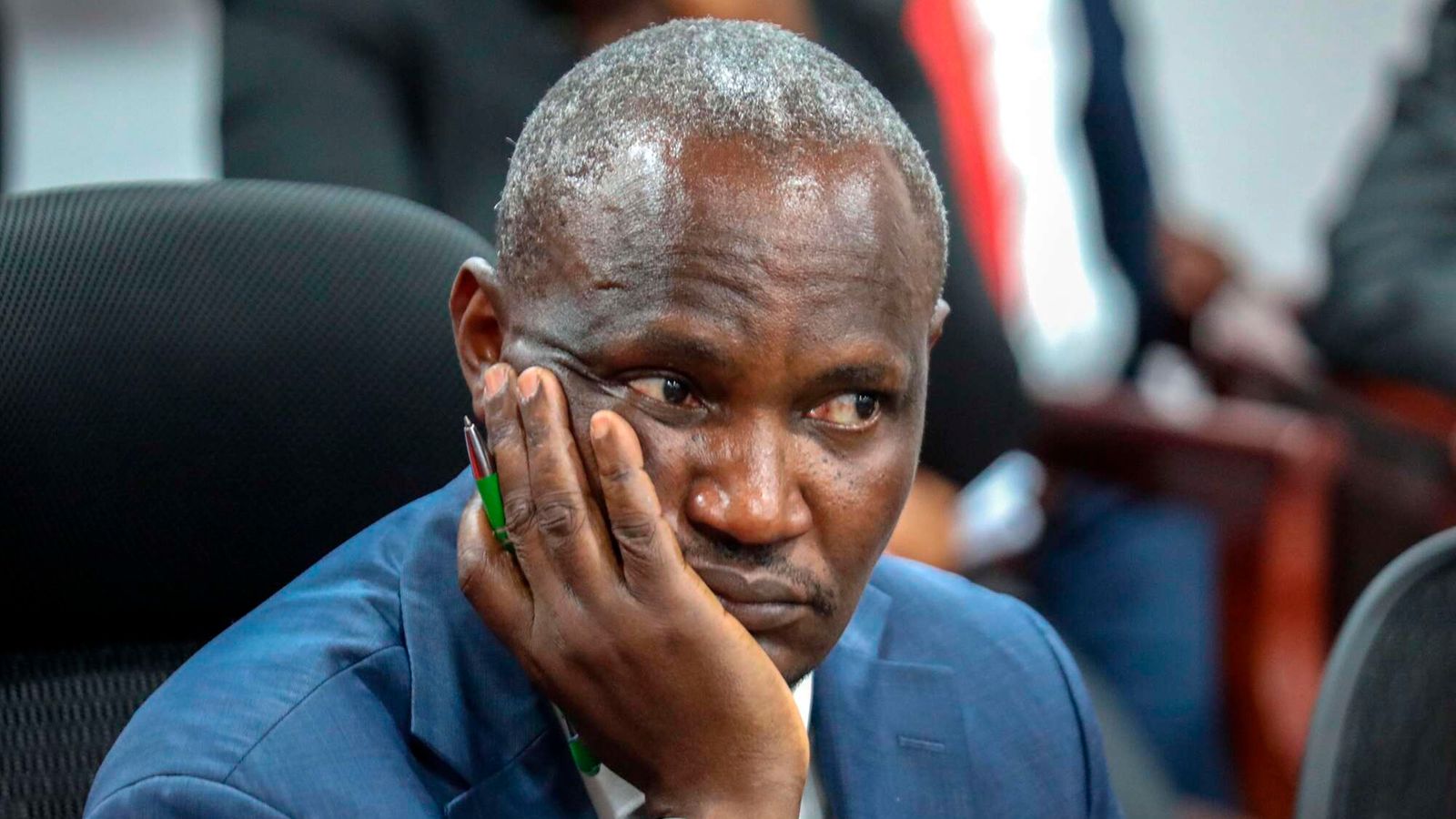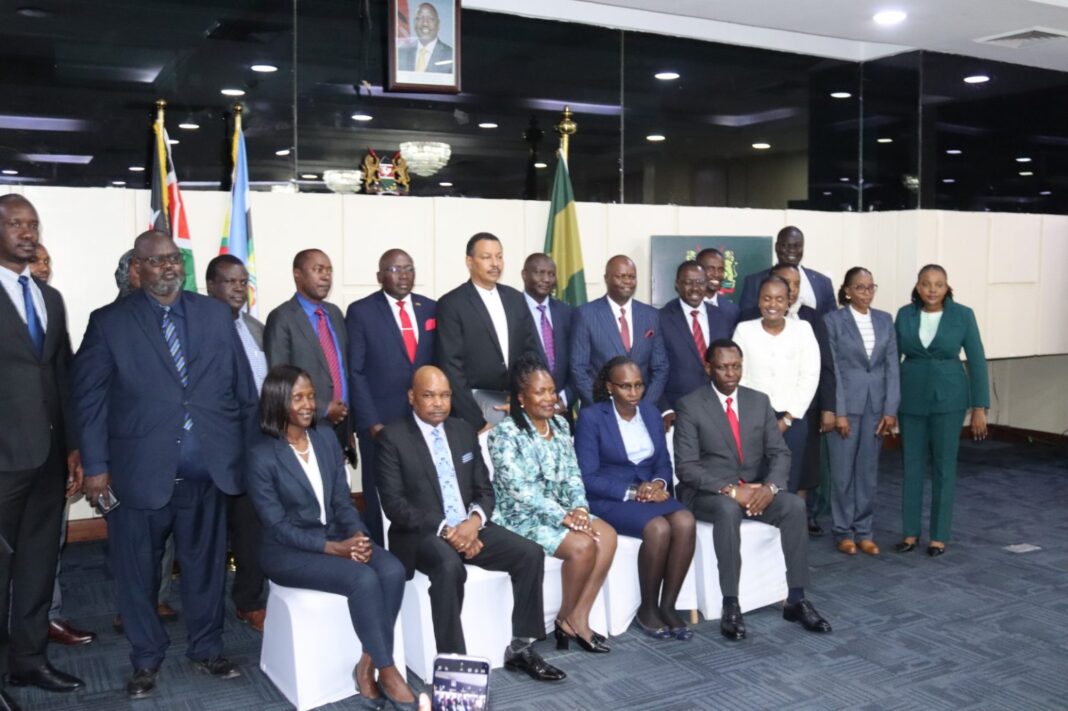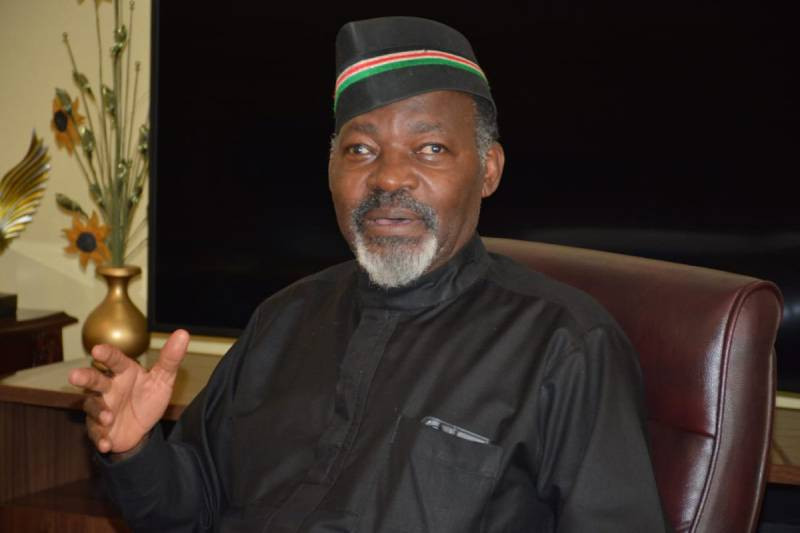The High Court has delivered a major setback to the government’s digital procurement reforms by temporarily suspending the mandatory use of the Electronic Government Procurement (eGP) system.
In a ruling on Monday, Justice Bahati Mwamuye halted a directive from the National Treasury and the Public Procurement Regulatory Authority (PPRA) that had forced all state agencies and county governments to adopt the platform exclusively.
The decision reopens debate on whether eGP can succeed without addressing deep-rooted procurement flaws. The ruling also highlights growing resistance from governors and procurement officers who say the digital system risks repeating the failures of IFMIS.

Court Suspends Mandatory Use of eGP
Justice Mwamuye issued conservatory orders stopping the enforcement of Circular No. E04/2025, which had made it compulsory for public procurement entities to only use the eGP platform.
The judge ruled that procurement bodies should instead comply with Section 77(1) of the Public Procurement and Disposal Act. This provision allows tender submissions in both electronic and manual formats, so long as they meet all legal requirements.
“All public procurement entities shall comply with Section 77(1) of the Public Procurement and Disposal Act in that submission of tender documents shall be in writing and in either electronic or manual form,” the order read.
The ruling means the Treasury and PPRA must accept and process tenders submitted manually or electronically until further notice.
The suspension will remain in place until October 15, 2025, unless extended by the court.
Rising Political Tensions
The suspension deepens political tension over procurement reforms. President William Ruto and Treasury Cabinet Secretary John Mbadi have been pushing for exclusive use of eGP, claiming it would curb graft and improve transparency.
But their push has met strong resistance. Counties, ministries, and procurement officers have challenged the directive, arguing that the system was imposed without proper consultation and is plagued with inefficiencies.
President Ruto has accused unnamed officials of sabotaging the system to protect corruption networks.
“I know there is resistance from e-procurement and accounting officers who do not want the system. That is why they are sponsoring headlines of how Mbadi spent billions in a non-working system,” the President said in a recent statement.
He warned that those unwilling to support digital reforms should “bolt out of government and look for another job.”
Despite the President’s tough stance, county governors remain united in opposition.
Governors Reject the Rollout
The Council of Governors has openly rejected the mandatory rollout, saying it sidelines counties despite them being central to public procurement.
At a press briefing on September 1, the governors dismissed claims that they were blocking reforms. Instead, they pointed to the failure of IFMIS, which they say was riddled with delays and systemic flaws.
“The same shortcomings risk being repeated under eGP unless these concerns are addressed,” they warned.
Governors have demanded proper consultations, capacity building, and assurances that the new system will not worsen procurement bottlenecks. They argue that forcing all entities to migrate without addressing these issues could cripple service delivery.
What’s Next for Procurement?
The court ruling gives public bodies temporary relief but leaves procurement reforms hanging in the balance.
The government insists that digitization is key to sealing corruption loopholes. However, critics argue that reforms cannot succeed through coercion and without addressing persistent system flaws.
For now, tendering will continue under both manual and digital processes, restoring flexibility for counties and ministries. But the legal and political battle over eGP is far from over.
The next hearing on October 15 will determine whether the suspension is extended, setting the stage for yet another confrontation between the judiciary, the executive, and county governments.


